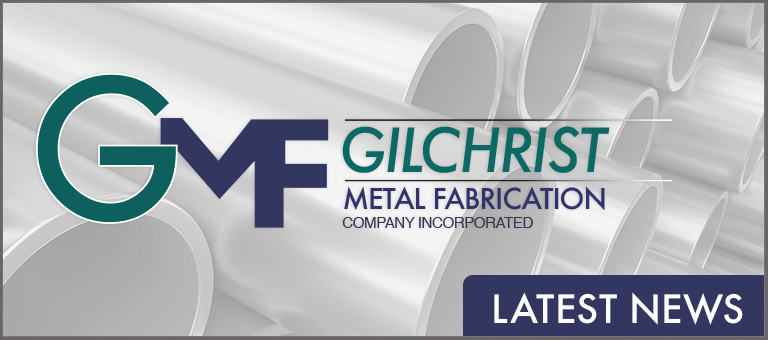
A quality reputation is earned through hard work, technical excellence, and following through on what we say we’re going to do. GMFCo is proud to announce an important and meaningful new milestone for our team, our customers and our future together.
GMFCo is now officially certified as a Service-Disabled Veteran-Owned Small Business (SDVOSB) by the U.S. Small Business Administration (SBA).
Meaningful Milestone
More than simply a federal designation, this reflects the values we live by every day. It acknowledges the leadership of our company’s president and owner, Jack Gilchrist, a former U.S. Air Force medic, as well as the honorable service records of Marine, Army and Air Force veterans currently working at GMFCo.
“This recognition simply encourages the continuation of our service values,” says Jack Gilchrist. “Serving in the Air Force was one of the most formative experiences of my life, and the lessons I learned about discipline, accountability, and integrity guide our company to this day. This recognition is really an honor, and we see it as an opportunity to carry the message about supporting veterans and their affairs.”
The Impact of Certification
The Service-Disabled Veteran-Owned Small Business (SDVOSB) certification is part of the SBA’s Veteran Small Business Certification (VetCert) program. It qualifies GMFCo to compete for specific federal contracts reserved for veteran-owned small businesses. Importantly, this speaks to the level of our quality assurance as it includes passing rigorous standards where reliability, quality, and accountability are non-negotiable.
For our clients and partners, this means you can readily trust us with your most critical fabrication and machining projects. For our team, it’s a reminder that safety and quality matter! We’re reminded that who we do it for matters even more.
Fabricating Since 1975
From our 70,000 square-foot facility in Hudson, New Hampshire, GMFCO delivers large metal fabrications and machining solutions to some of the most demanding industries in the country.
The SDVOSB certification helps solidify our position in both the government contracting and private-sector projects that require the kind of precision, scale, and service we’re known for. As always, we’ll continue to operate under the motto that has driven us since the beginning: where others see challenges, we see opportunities.
Partnering for the Future
We’re very pleased to join the growing ranks of veteran-owned manufacturers making a difference in American industry. Contracting officers, procurement managers, engineers, or business owners looking for a trusted SDVOSB partner in metal fabrication have a partner you can place your confidence in at GMFCo.
Visit www.gmfco.com to learn more or contact us to start a conversation.



